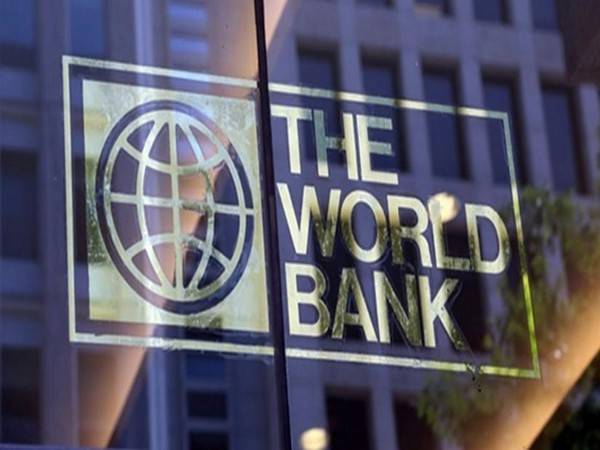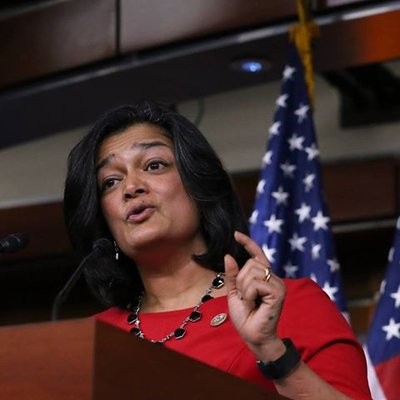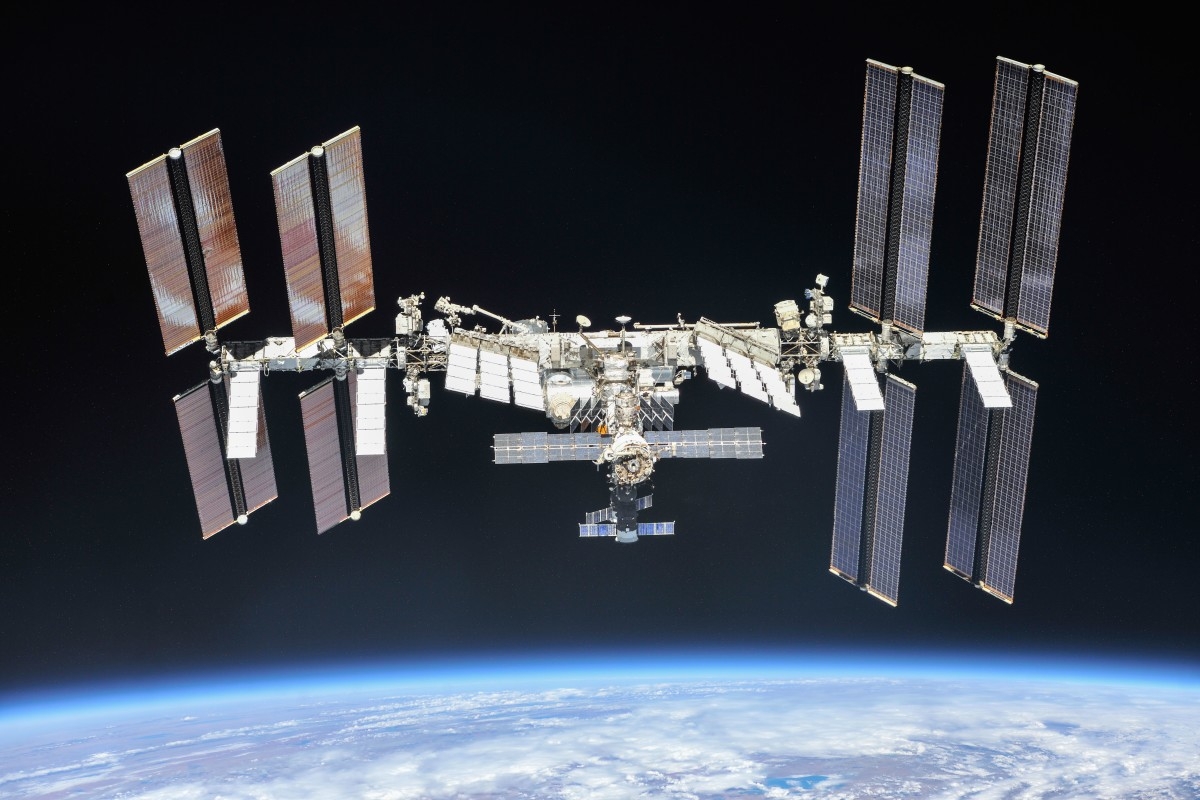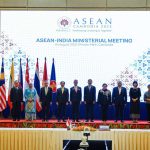The document further highlighted the groundbreaking measures undertaken by the NDA government and the crucial role of government policy and regulation in shaping the DPI landscape…reports Asian Lite News
Indian Prime Minister Shri Narendra Modi took to social media platform X to share a remarkable achievement on the global stage. The World Bank’s recent G20 document has recognized India’s astounding progress in the field of financial inclusion, revealing that the nation accomplished its financial inclusion targets in just six years, a feat that would have otherwise taken a staggering 47 years to achieve.
The Prime Minister expressed his elation, emphasizing how India’s leap in financial inclusion has been powered by its robust Digital Public Infrastructure (DPI). He commended the country’s digital payment infrastructure and the determination of its people for this momentous achievement. Moreover, he hailed it as a testament to India’s rapid progress and innovation.
The World Bank’s document shed light on the pivotal role of India’s Jan Dhan-Aadhaar-Mobile (JAM) trinity in propelling the financial inclusion rate from a mere 25 percent in 2008 to over 80 percent of adults in just the past six years. This journey was effectively shortened by up to 47 years, thanks to the digital public infrastructure.
The document further highlighted the groundbreaking measures undertaken by the NDA government and the crucial role of government policy and regulation in shaping the DPI landscape.
The document emphasized, “While DPIs’ role in this leapfrogging is undoubtable, other ecosystem variables and policies that build on the availability of DPIs were critical. These included interventions to create a more enabling legal and regulatory framework, national policies to expand account ownership, and leveraging Aadhaar for identity verification.”
Notably, since its inception, the number of PM Jan Dhan Yojana (PMJDY) accounts opened has tripled, reaching a staggering 462 million by June 2022. Women hold the majority share of these accounts, accounting for 56 percent, which is more than 260 million accounts.
The Jan Dhan Plus program, aimed at encouraging low-income women to save, has resulted in over 12 million women customers as of April 2023 and a 50 percent increase in average balances in just five months.
Furthermore, the document estimates that by engaging 100 million low-income women in savings activities, public sector banks in India can attract approximately Rs 25,000 crore ($3.1 billion) in deposits.
The document also highlighted the monumental success of Government-to-Person (G2P) payments in India, leveraging DPI. Over the last decade, India has built one of the world’s largest digital G2P architectures, supporting transfers amounting to about $361 billion directly to beneficiaries through 312 key schemes.
As of March 2022, these efforts resulted in total savings of $33 billion, equivalent to nearly 1.14 percent of GDP.
The United Payments Interface (UPI) system has also seen phenomenal success, with more than 9.41 billion transactions valued at about Rs 14.89 trillion in May 2023 alone. In the fiscal year 2022–23, the total value of UPI transactions accounted for nearly 50 percent of India’s nominal GDP.
The DPI in India has not only fueled government initiatives but also enhanced efficiency for private organizations. Reductions in complexity, cost, and time for business operations have been observed across the board. For instance, some non-banking financial companies (NBFCs) have reported an 8 percent higher conversion rate in SME lending, a 65 percent savings in depreciation costs, and a 66 percent reduction in costs related to fraud detection.
Industry estimates show that banks’ costs for onboarding customers in India have plummeted from $23 to just $0.1 with the utilization of DPI.

The World Bank also noted that India Stack has streamlined and digitized Know Your Customer (KYC) procedures, leading to lower costs. Banks employing e-KYC have reduced their compliance costs from $0.12 to $0.06. These cost reductions have made lower-income clients more attractive to service and generated profits for developing new products.
Furthermore, the UPI-PayNow interlinking between India and Singapore, operationalized in February 2023, aligns with the G20’s financial inclusion priorities, facilitating faster, cheaper, and more transparent cross-border payments.
India’s Account Aggregator (AA) Framework, regulated by the RBI, aims to strengthen India’s data infrastructure. It enables consumers and enterprises to share their data only with their consent through an electronic consent framework. As of June 2023, a total of 1.13 billion cumulative accounts have been enabled for data sharing, with 13.46 million cumulative consents raised.
India’s rapid advancements in financial inclusion and digital infrastructure have undoubtedly set a global benchmark, earning praise and admiration from international organizations like the World Bank. This achievement not only signifies economic progress but also demonstrates the power of digital innovation in transforming lives and enabling financial access for all.














